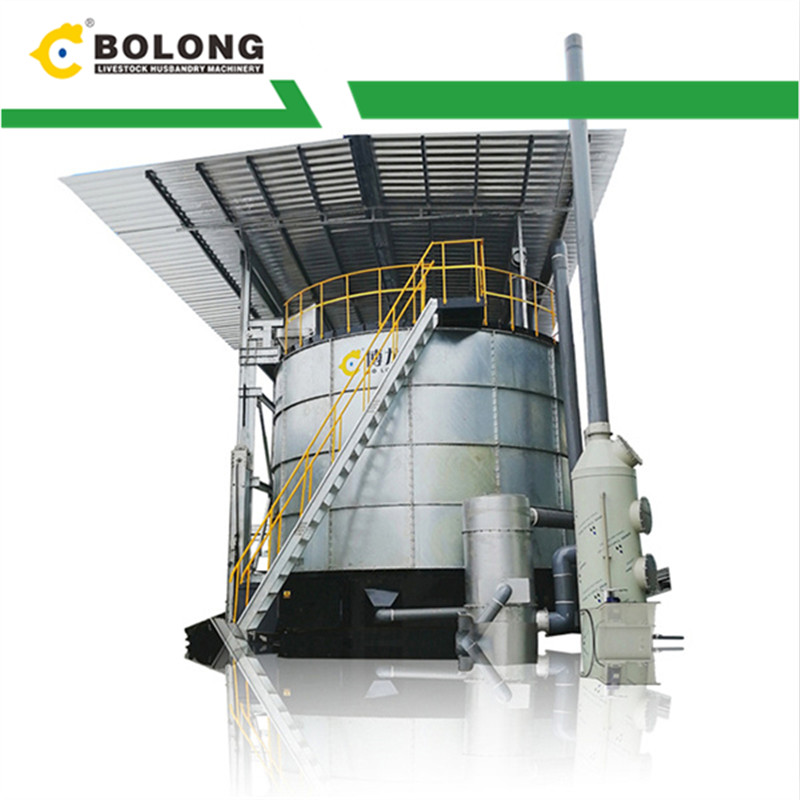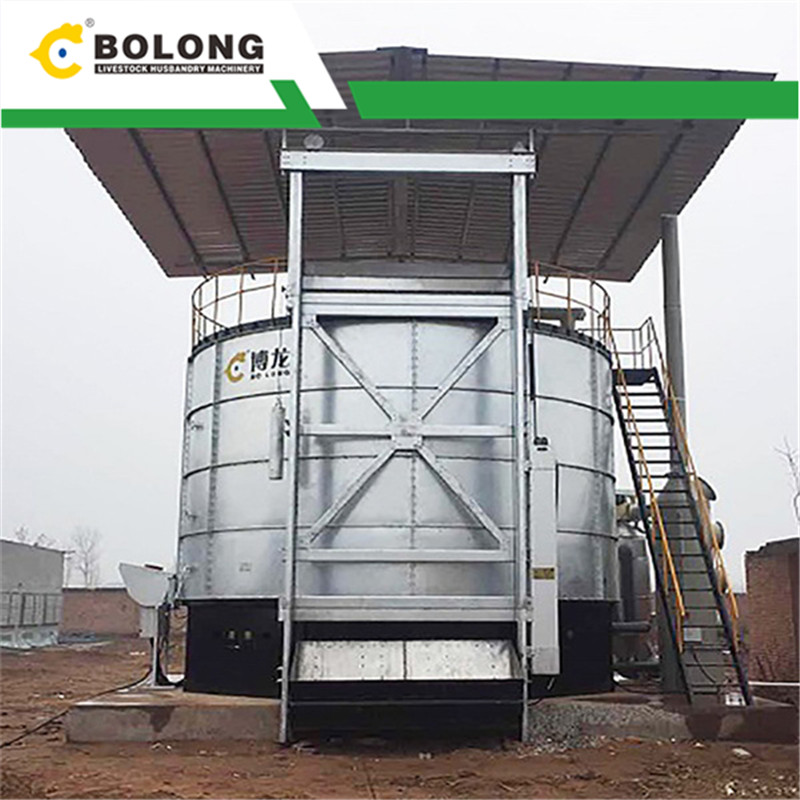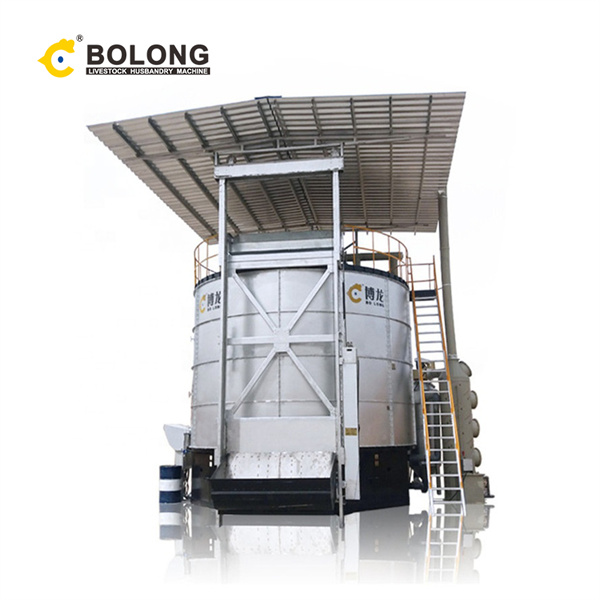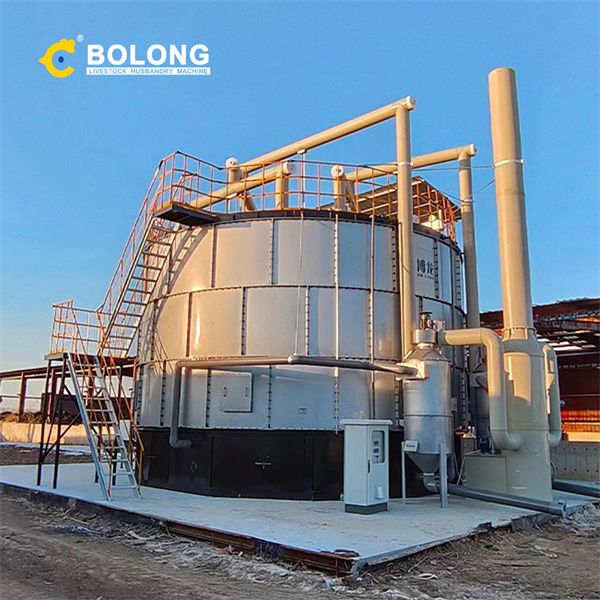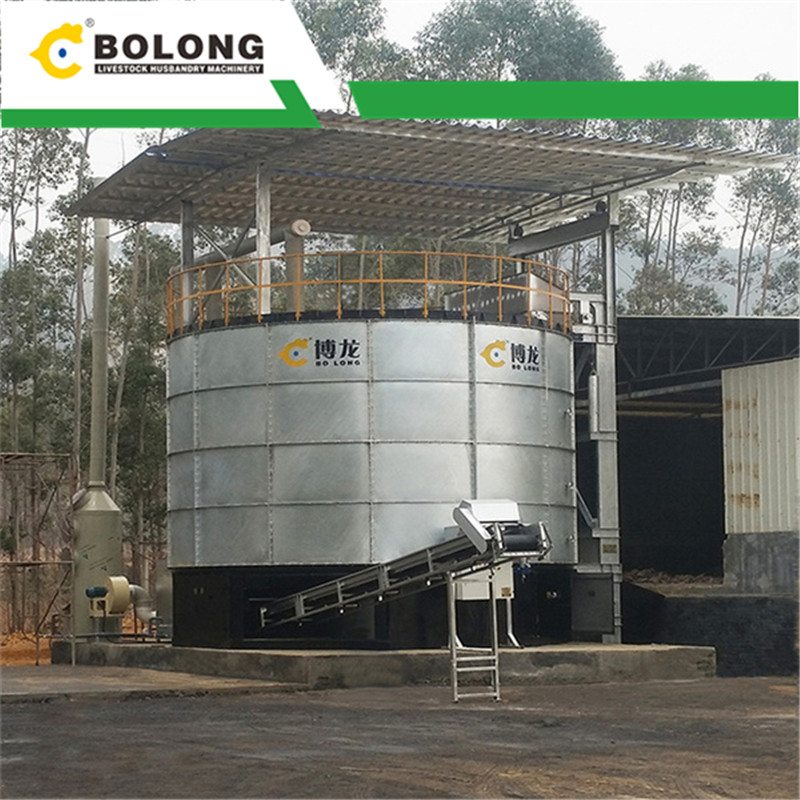China produces 3.8 billion tons of livestock and poultry manure every year, and the comprehensive utilization rate is less than 60%, which means that 1.52 billion tons of manure is wasted. Livestock and poultry manure is rich in nutrients such as nitrogen, phosphorus, potassium, as well as organic matter and trace elements, and can be turned into organic fertilizer under certain conditions. However, due to the differences in physical and chemical properties of livestock and poultry manure fro...
